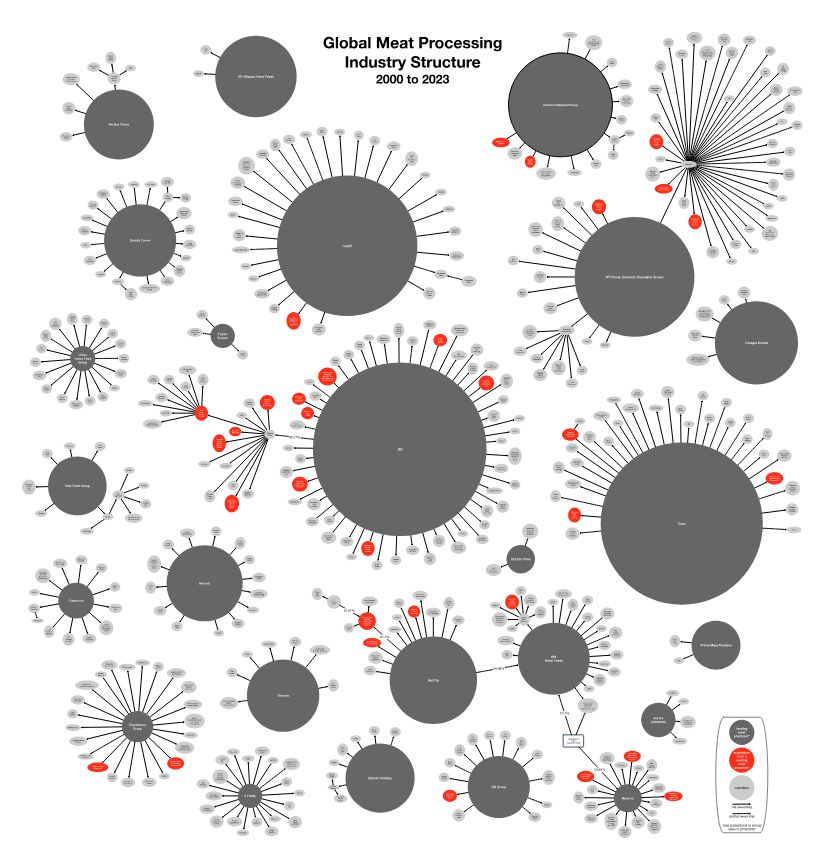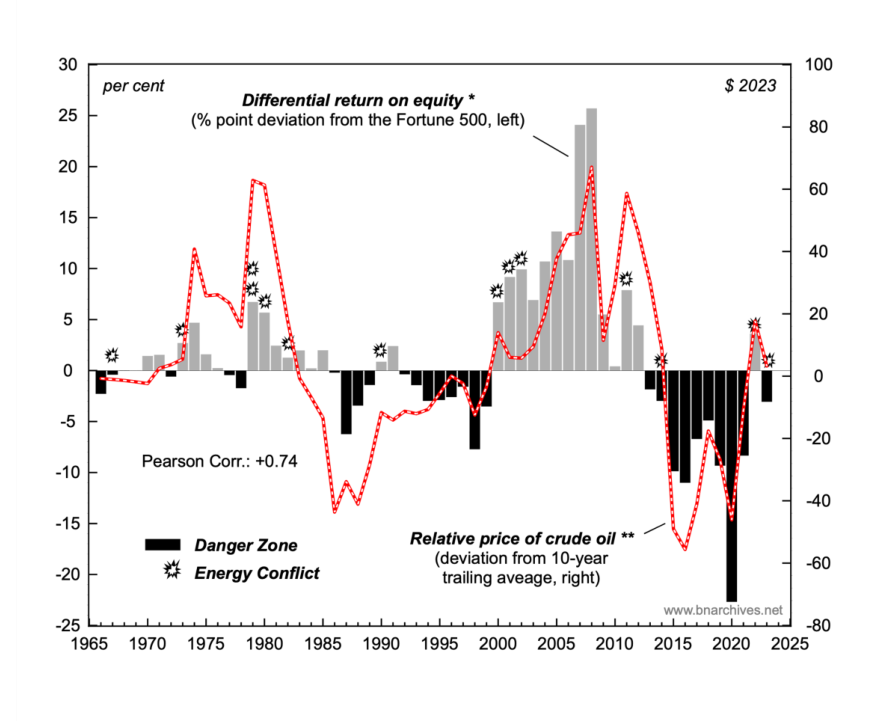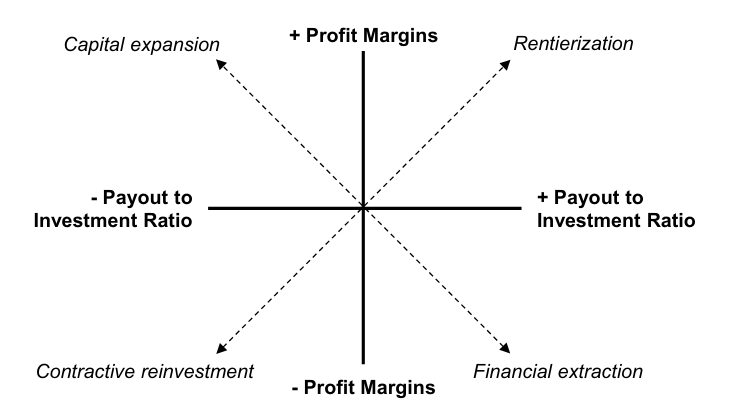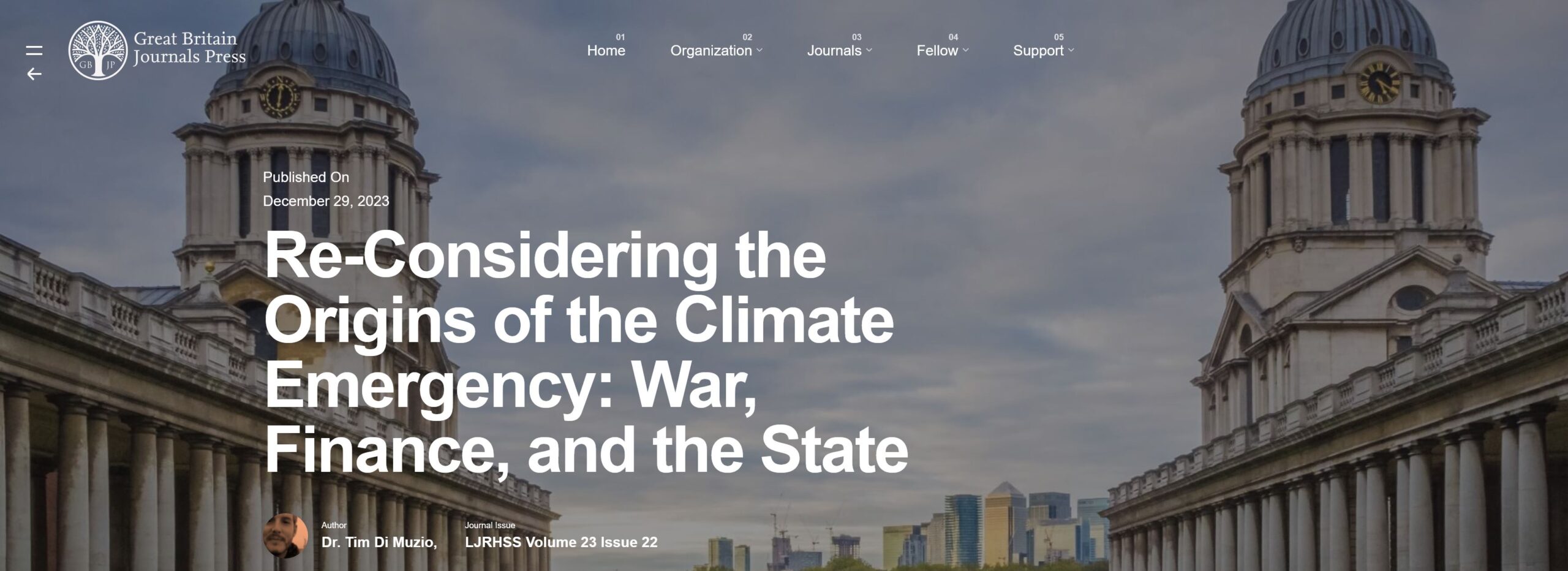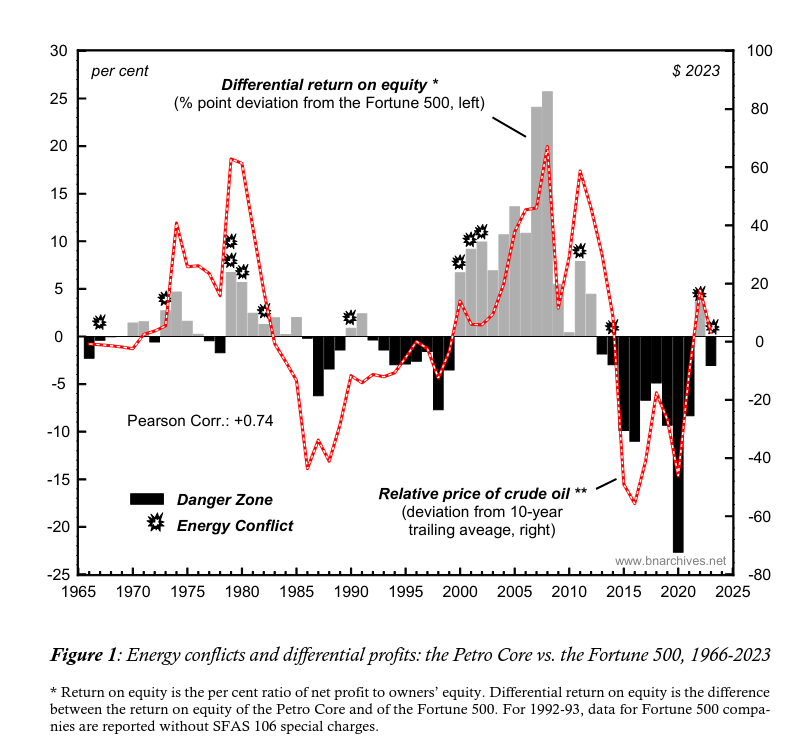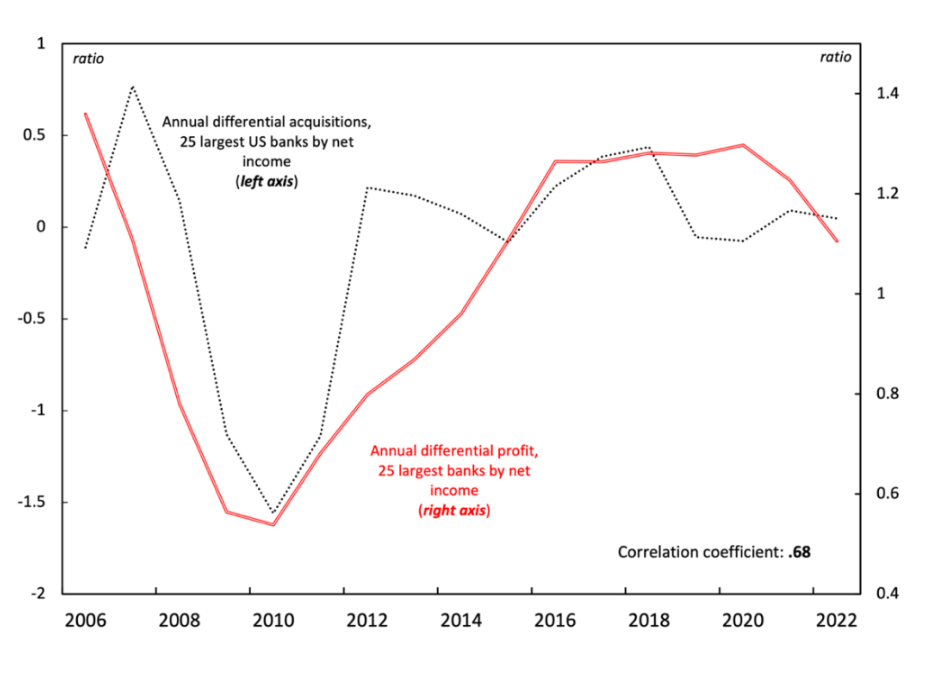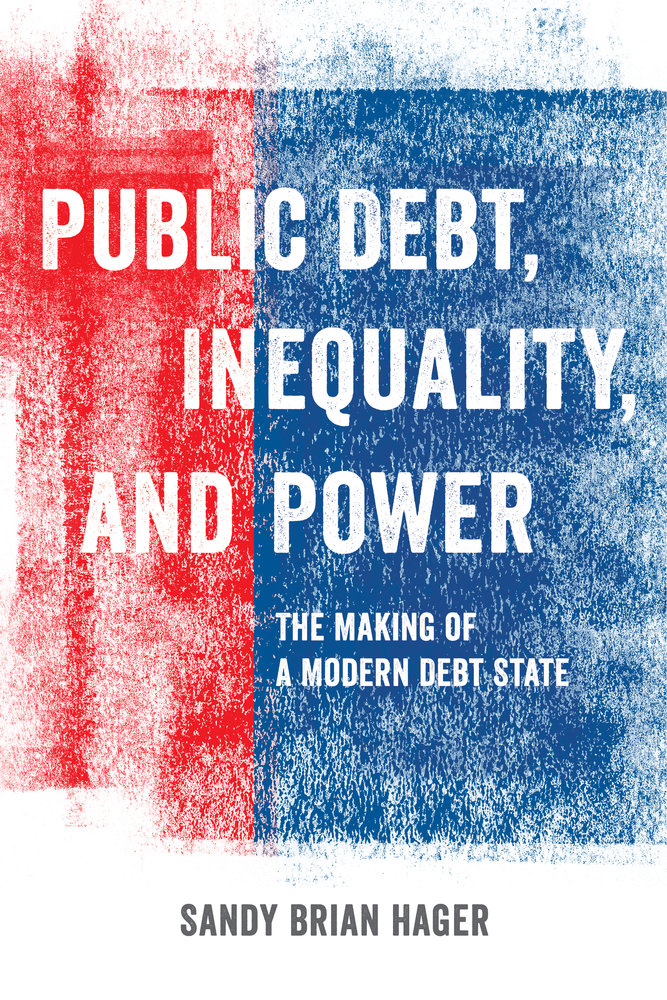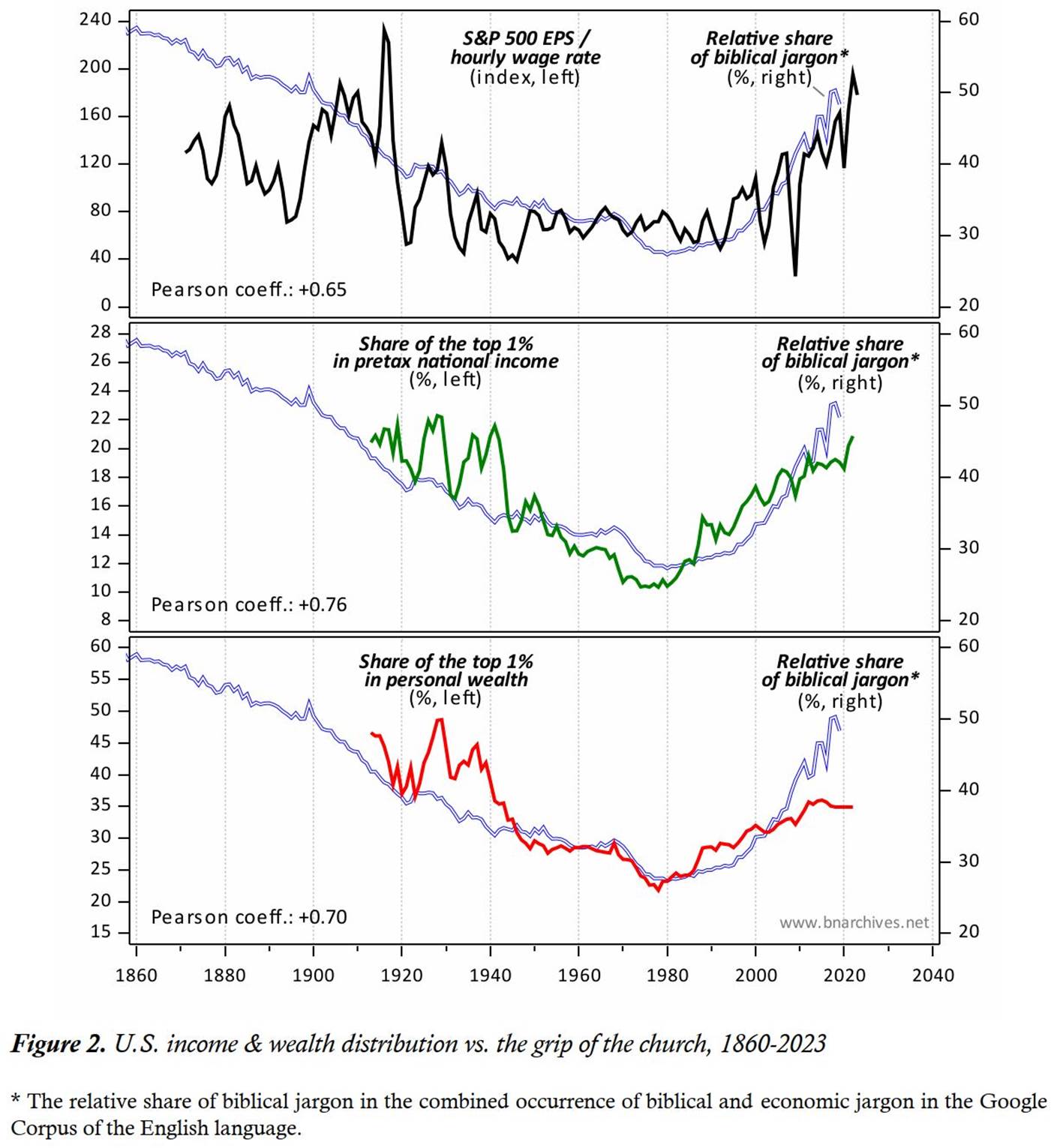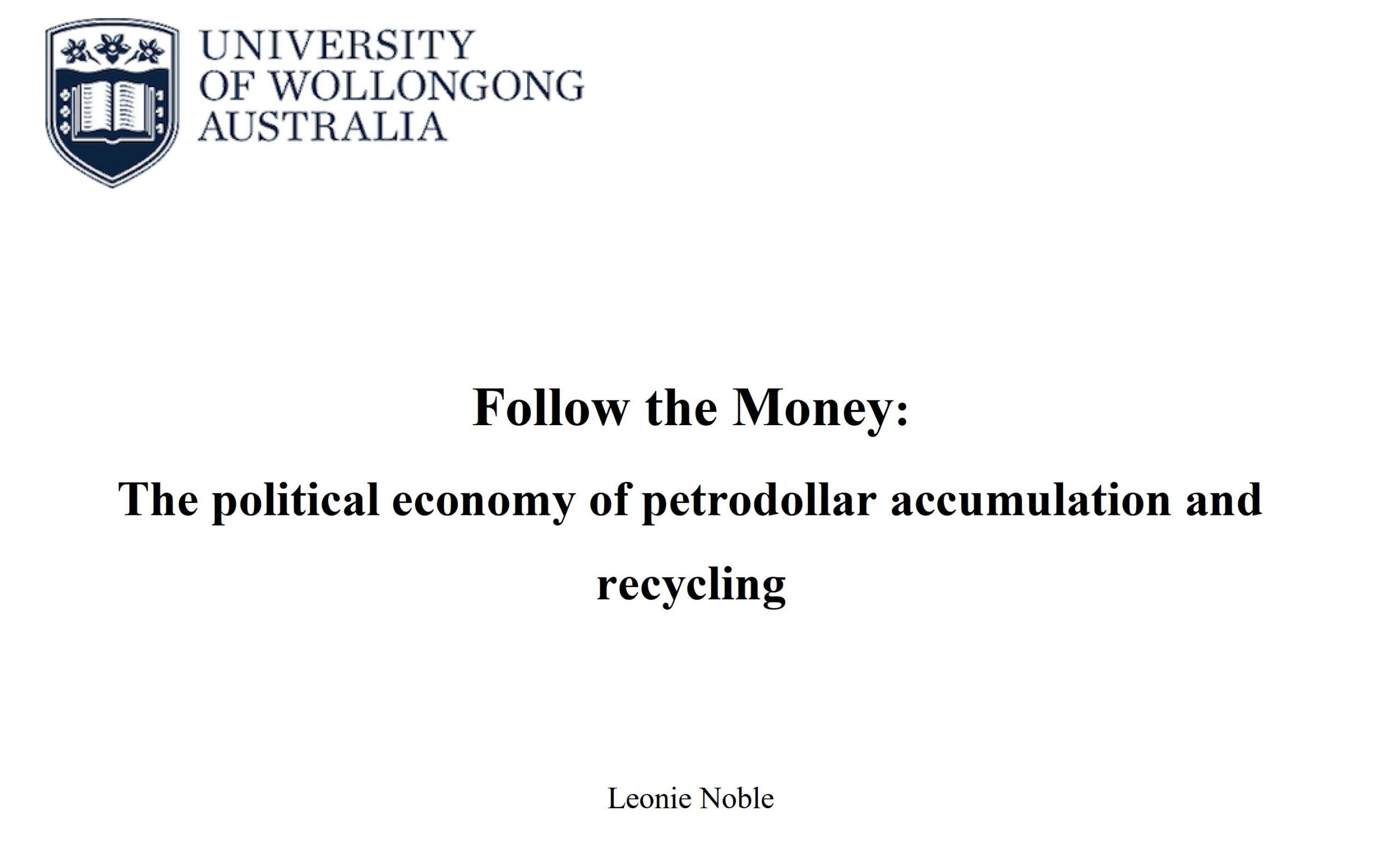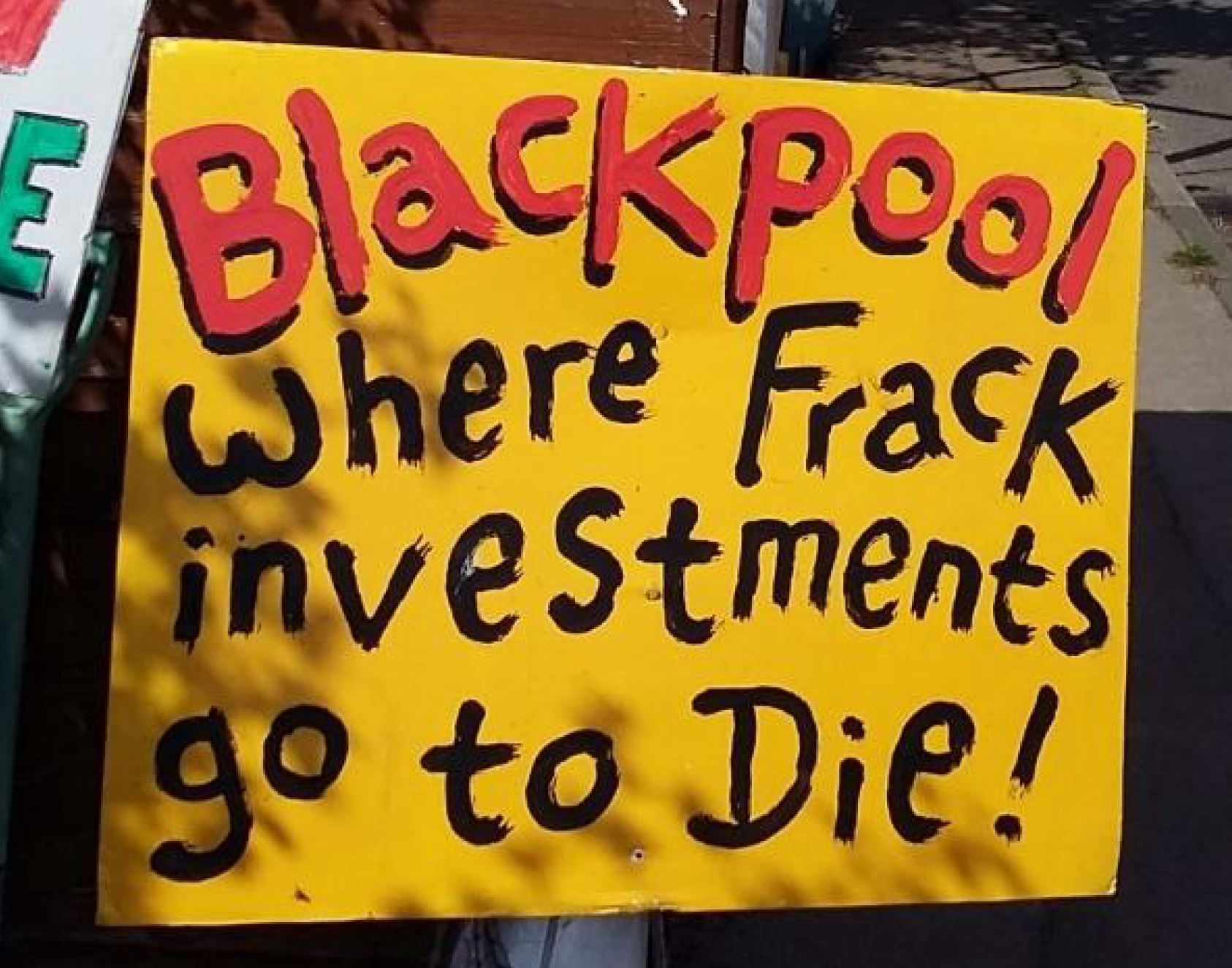Regan Boychuk British, American, and Russian elites planned global domination through one great war a century ago, but it did not quite work out. Instead, today we approach a third world war to avoid democracy and the rational conservation of resources on a finite planet. It appears imperial monarchs were colluding in 1914 to vanquish […]
Continue ReadingOstromizing democracy
Originally published at pluralistic.net Reproduced under a Creative Commons Attribution 4.0 license Cory Doctorow You know how “realist” has become a synonym for “asshole?” As in, “I’m not a racist, I’m just a ‘race realist?’” That same “realism” is also used to discredit the idea of democracy itself, among a group of self-styled “libertarian elitists,” […]
Continue ReadingNetflix’s Crisis of Accumulation: chart book for my SCMS2025 presentation
Originally published at notes on cinema James McMahon I will be presenting at the Society for Cinema and Media Studies (SCMS) conference on Friday, April 4 at 6PM. Here is the chart book for the presentation, which contains sources and notes on all of the figures: [ PDF of SCMS2025 Chart Book ] Here is […]
Continue ReadingKim, ‘Monetary Expansionism, Global Commodity Prices, and Global Inequality’
Abstract An early analysis of the imperialist implications of the surge of global commodity prices was conducted in 2014 by Jonathan Nitzan and Shimshon Bichler. However, their analysis did not consider how the US monetary and fiscal expansionist policies have contributed to the rise of global commodity prices. This article fills this gap. Arguably, under […]
Continue ReadingSievert, Howard, San Martim Portes & Yamaoka, ‘‘National champions’ in global meat supply chains’
Abstract National champion policies in BRICS countries pose challenges for governance in global meat processing markets as they increase concentration, reduce competition and enhance corporate power in food systems. We investigate the degree to which these shifts benefit sponsoring governments and citizens relative to intervention levels. By analysing mergers and acquisitions involving these firms, we […]
Continue ReadingDillon, ‘Earning through Obsolescence’
Abstract This study examines the declining usage lifespan of household consumer durables in the United States between 1970 and 2018, situating the phenomenon within a heterodox political economy framework. While mainstream economic narratives attribute the rising rate of consumer durable waste over this time to “overconsumption” driven by consumer materialism, this study challenges that perspective […]
Continue ReadingHudson, Nitzan, Di Muzio & Fix, ‘El capital como poder en el siglo XXI: Una conversación’
Abstract El 3 de diciembre de 2024, Michael Hudson se reunió con los investigadores del capital como poder Jonathan Nitzan, Tim Di Muzio y Blair Fix para discutir las intersecciones entre sus dos líneas de investigación. Lo que sigue es una transcripción de la conversación. Vídeo de YouTube (inglés): https://www.youtube.com/watch?v=tBOU4xBg2pA Citation El capital como poder […]
Continue ReadingCapital as Power in the 21st Century
Capital as Power in the 21st Century A Conversation MICHAEL HUDSON, JONATHAN NITZAN, TIM DI MUZIO, and BLAIR FIX February 2025 Abstract On December 3, 2024, Michael Hudson met with capital-as-power researchers Jonathan Nitzan, Tim Di Muzio, and Blair Fix to discuss the intersections between their two lines of research. What follows is a transcript […]
Continue ReadingBichler & Nitzan, ‘The Road to Gaza, Part II: The Capitalization of Everything’
Abstract Our recent article on ‘The Road to Gaza’ examined the history of the three supreme-God churches and the growing role of their militias in armed conflicts and wars around the world. The present paper situates these militia wars in the broader vista of the capitalist mode of power. Focusing specifically on the Middle East, […]
Continue ReadingBaines & Hager, ‘Rentiership and Intellectual Monopoly in Contemporary Capitalism’
Abstract The concepts of rentiership and intellectual monopoly have gained increased prominence in discussions about the transformation of global capitalism in recent years. However, there have been few if any attempts to construct measures for rentiership and intellectual monopoly using firm-level financial data. The absence of such work, we argue, is symptomatic of conceptual challenges […]
Continue ReadingDi Muzio, ‘The War on Cars’
Abstract In the face of the impending climate emergency, an anonymous manifesto surfaces online by the mysterious El Grillo declaring a war on cars. As the manifesto spreads around the world, activists from all over the globe begin to destroy private automobiles. As the cornerstone of modern civilization comes under increasing threats, government, and industry […]
Continue ReadingBichler & Nitzan, ‘הדרך לעזה: על משטרי הכוח וכנסיות האל העליון היחיד (The Road to Gaza: On Modes of Power and Supreme-God Churches)’
Abstract מלחמת הקודש המתנהלת בין המיליציות הרבניות לבין המיליציות האיסלמיות הינה מסוג חדש. אבל הדרך למלחמה בעזה נסללה עוד לפני כששת אלפים שנה, בעת שקמו לראשונה משטרי המלוכה-כהונה במסופוטמיה. אוליגרכיות אלה היו הראשונות שיצקו תשלובת חזקה של מלך עריץ בארמון וכוהני אל-עליון במקדש. ילידי המזרח התיכון היו הראשונים בהיסטוריה האנושית שזכו בכבוד להתקיים כנתינים כנועים […]
Continue ReadingDi Muzio & Dow, ‘Re-Considering the Origins of the Climate Emergency: War, Finance, and the State’
Abstract One of the most important and recurring debates in the field of International Political Economy and international affairs are the links between capitalism, fossil fuel energy and climate change. In these debates, the origins of our current climate emergency are rooted in how Britain became the first country to become reliant on mass production […]
Continue ReadingAmerican Mirrors & The Echoes of Empire: The historical record & the Rockefellers’ campaign against Peter Lougheed in Alberta
Coda to the 6-part series Alberta’s Rockefeller Coups Regan Boychuk Since a small and relatively weak people living alongside a great and powerful people necessarily devotes much time to study and observation of its large neighbour, Canadians probably understand Americans better than Americans understand Canadians. This situation has its dangers. (Round Table 1941bp. 353) The act […]
Continue ReadingBichler & Nitzan, ‘The Road to Gaza, Part II: The Capitalization of Everything’
Abstract Our recent article on ‘The Road to Gaza’ examined the history of the three supreme-God churches and the growing role of their militias in armed conflicts and wars around the world. The present paper situates these militia wars in the broader vista of the capitalist mode of power. Focusing specifically on the Middle East, […]
Continue ReadingMouré, ‘Consolidation and Crisis in the US Banking Sector 1980-2022’
Abstract Much of the economic analysis of banking crises focuses on the interplay between concentration and stability. A common theory is that concentration is associated with greater stability, whereas competition is associated with instability. In this view, there is a trade-off between, on the one hand, the higher prices and higher profits associated with a […]
Continue ReadingMouré, ‘A Critical Review of Sandy Brian Hager’s Public Debt, Inequality, and Power’
Abstract Hager’s project examines the historical development of US public debt ownership and its political implications. His main innovation is to approach the topic from the perspective of disaggregated social class and frame questions of public debt ownership in terms of social inequality and power. He tackles four questions: who are the owners of the […]
Continue ReadingBichler & Nitzan, ‘The Road to Gaza’
Abstract The war that started in 2023 between Hamas and Israel is driven by various long-lasting processes, but it also brings to the fore a new cause that hitherto seemed marginal: the armed militias of the Rabbinate and Islamic churches. The Rabbinate militias, embodied in Jewish settler organizations, have taken over not only Palestinian lands, […]
Continue ReadingNoble, ‘Follow the Money: The Political Economy of Petrodollar Accumulation and Recycling’
Abstract This thesis makes two unique contributions to the International Political Economy literature. It presents the first comprehensive, empirical investigation of petrodollar accumulation and recycling spanning the period 1980-2021. It also corrects the misconception that petrodollar recycling in the 1970s and 1980s involved the extension of loans to developing countries using fractional reserve banking and […]
Continue ReadingMarshall, ‘Rethinking the Political Economy of Environmental Conflict: Lessons from the UK Fracking Controversy’
Abstract As governments and corporations have intensified their efforts to locate, extract, and capitalise oil, gas, and various other biophysical materials, the world has simultaneously witnessed a proliferation of social resistance to these efforts. While taking many forms, such resistance, and concomitant ecological distribution conflicts (EDCs), are invariably motivated by a diverse range of objections […]
Continue Reading




